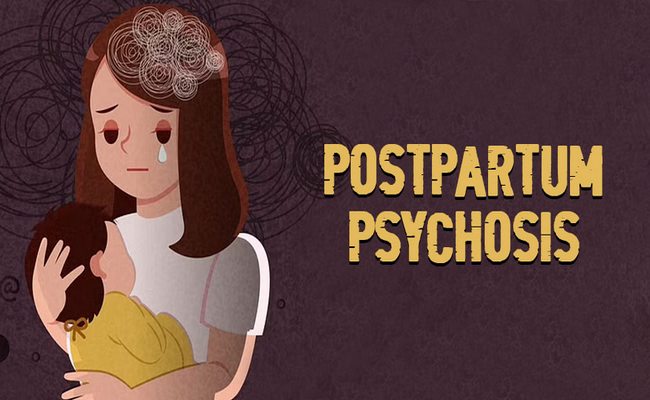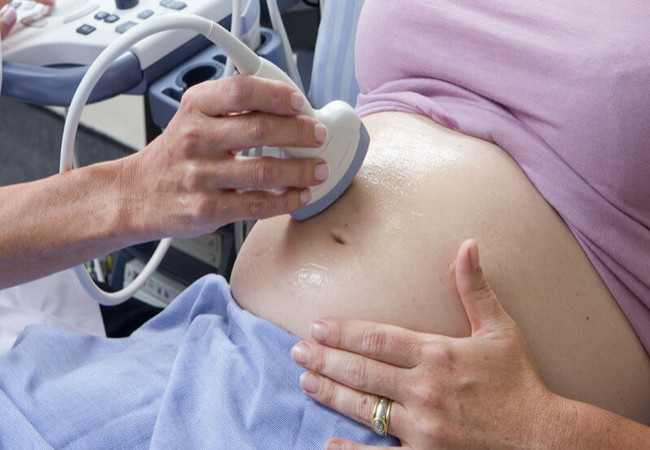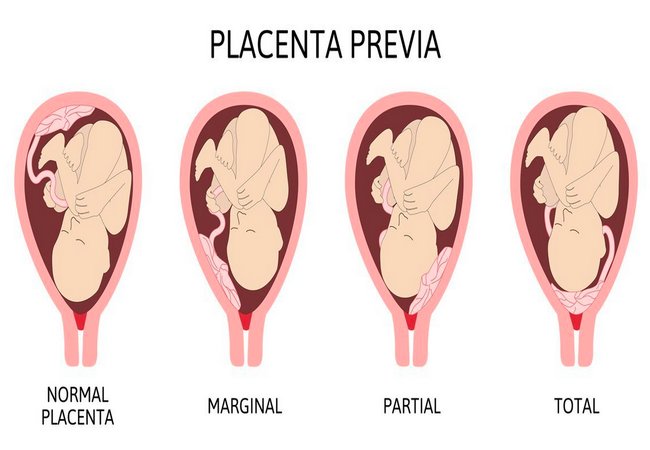Postpartum Psychosis: Symptoms, Treatment and Management
What is Organic Psychosis?
Organic psychosis is characterized by abnormal brain function that is caused by a known physical abnormality, which in most cases is some organic disease of the brain. Organic psychosis was believed to result from a physical defect of or damage to the brain. Functional psychoses were believed to have no physical brain disease evident upon clinical examination. Much research suggests that this distinction between organic and functional is probably.

What is Postpartum Psychosis?
Postpartum psychosis is a rare psychiatric emergency in which symptoms of high mood and racing thoughts (mania), depression, severe confusion, loss of inhibition, paranoia, hallucinations and delusions set in, beginning suddenly in the first two weeks after childbirth.
Postpartum Psychosis (PP) is a severe, but treatable, form of mental illness that occurs after having a baby.
Etiology or Risk Factors of Postpartum Psychosis:
It includes the following:
- Genetic factors,
- Age,
- Obstetric risk factors,
- Changes in medications,
- Hormonal factors,
- Bipolar disorder,
- Sleep deprivation,
- Postnatal complications,
- Social support,
- Socio-demographic factors.
Symptoms of Postpartum Psychosis:
There are many symptoms that occur in postpartum psychosis. These may include:
- Feeling ‘high’, ‘manic’ or ‘on top of the world’,
- Low mood and tearfulness,
- Anxiety or irritability,
- Rapid changes in mood,
- Severe confusion,
- Being restless and agitated,
- Racing thoughts,
- Behavior that is out of character,
- Being more talkative, active and sociable than usual,
- Being very withdrawn and not talking to people,
- Finding it hard to sleep, or not wanting to sleep,
- Losing inhibitions,
- Feeling paranoid, suspicious and fearful,
- Delusions,
- Hallucinations.
Investigation for Postpartum Psychosis:
Investigation needed for postpartum psychosis:
- Blood tests for sugar and sodium levels: Low sugar levels (hypoglycaemia) and low sodium levels (hyponatraemia) can cause odd behaviour.
- Thyroid blood tests: Very low or very high thyroid levels can cause mood changes.
- Blood tests for vitamin deficiencies: (for example, vitamin B12, folate or thiamine).
- Computerized tomography (CT) or magnetic resonance imaging (MRI) scanning to rule out causes in the brain such as strokes.
Treatment of Postpartum Psychosis:
Treatment for postpartum psychosis generally includes:
- Hospitalization,
- Antipsychotic medications,
- Antidepressants,
- Electroconvulsive therapy (ECT),
Counseling with a psychiatrist, psychologist, or other qualified mental health professional.
Nursing care:
- Reassure the patient.
- Support positive parenting behavior.
- Early detection of the mal adaption.
- Advise her to take enough rest. Seep when the baby is sleeping.
- Spend time with family member.
- Counsel the family member.
More questions related to this article:
- Define Organic psychosis.
- What do you mean by Organic psychosis?
- Define postpartum psychosis.
- Mention the etiology of postpartum psychosis.
- What are the risk factors of postpartum psychosis?
- List some causes of postpartum psychosis.
- What are the clinical features of postpartum psychosis?
- What are the investigations needed for postpartum psychosis?
- Mention the treatment of postpartum psychosis.
- Discuss the management of postpartum psychosis.











